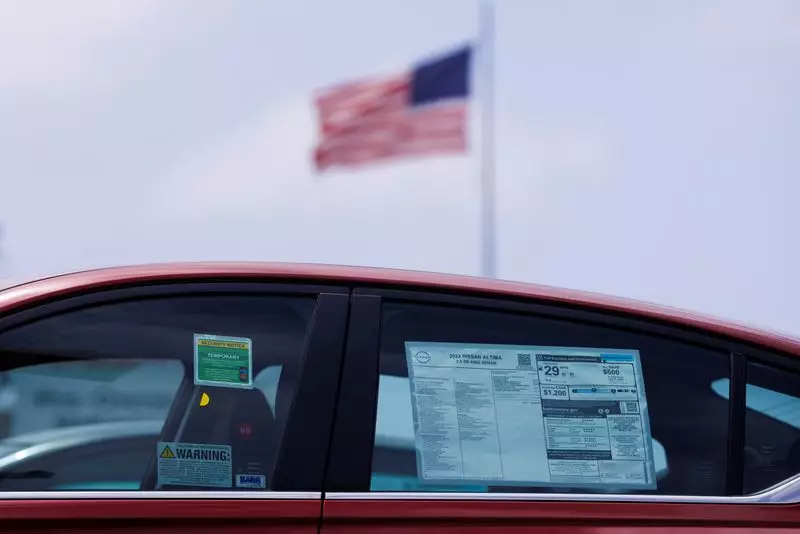The cyber attack on CDK’s Dealer Management Software at the end of June had a significant impact on the new vehicle sales of top U.S. automakers in the second quarter. General Motors reported only a 0.6% increase in new vehicle sales, a stark contrast to the 19% rise in sales they experienced the previous year. The attack forced some sales to shift to the current quarter, disrupting the normal flow of operations for dealerships relying on the software. Market research firm Cox Automotive estimated a modest 1% growth in U.S. new-vehicle sales volume in the second quarter, totaling nearly 4.2 million units. This was a considerable drop from the 16% increase in sales recorded during the same period the year before.
The CDK cyber attack posed a significant challenge for automakers in the U.S., impacting one of the busiest and most profitable times of the month and quarter for dealerships. More than 15,000 retail locations were affected by the outage, causing disruptions in their dealer management operations. Hyundai also reported a modest 2% increase in second-quarter U.S. sales, compared to a 14% growth in sales the previous year. Analysts are hopeful that vehicle retailers and automakers will be able to make up for the lost sales in July, given the pent-up demand for SUVs, pickup trucks, and hybrid vehicles.
Despite the challenges posed by the cyber attack, automakers have continued to benefit from the strong demand for SUVs, pickup trucks, and hybrid vehicles. Discounts and incentives offered on certain models have also attracted price-conscious shoppers, helping to drive sales. However, concerns about new vehicle affordability and inventory shortages may impact the industry’s growth in the coming months. S&P Global Mobility analyst, Chris Hopson, highlighted the prevailing concerns about vehicle affordability and the expected limitations on inventory growth in the near future.
Electric-vehicle leader Tesla reported a smaller-than-expected 5% decline in vehicle deliveries in the second quarter, despite the cyber attack and other market challenges. The company’s decision to implement price cuts and incentives helped stimulate demand and mitigate the impact of the overall slowdown in the industry. Tesla’s performance stood out amidst the challenges faced by the broader automakers in the United States, showcasing the company’s resilience and ability to adapt to changing market conditions.

